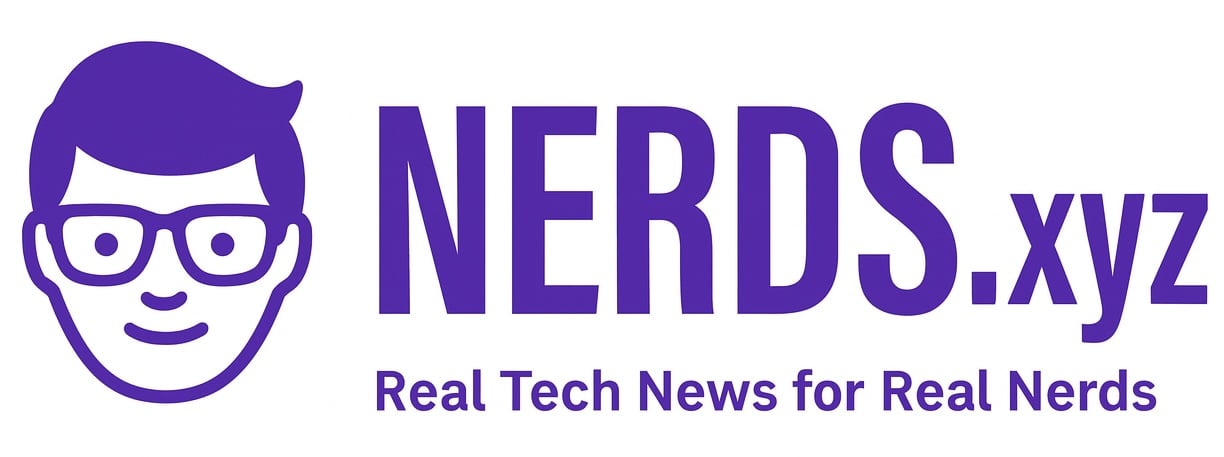
Microsoft has quietly introduced Wassette, an open source runtime designed to let AI agents like GitHub Copilot securely load and run WebAssembly (Wasm) Components on demand. Built by the Azure Core Upstream team, Wassette serves as a lightweight security-focused tool that bridges AI workloads with the Model Context Protocol, also known as MCP.
Wassette gives AI agents the ability to fetch Wasm-based tools from Open Container Initiative (OCI) registries and execute them safely using fine-grained permissions. It is written in Rust and uses the Wasmtime runtime, which provides modern browser-style sandboxing. This means tools are denied access to system resources by default, and must be granted explicit permission by the user before they can do anything.

Ledger supports Linux, is open-source where it counts, and is battle-tested. If you’re holding crypto, you should own a hardware wallet.
The runtime itself is standalone with no dependencies. Once installed, it can be integrated into GitHub Copilot in VS Code using a simple one-liner. From there, agents can request components on the fly, such as a tool that provides the current time or a custom fetch command. Wassette will always prompt the user for approval before executing anything.
This model of secure, on-demand tooling solves a real problem for AI agents. They cannot complete every task out of the box, and Wassette gives them a way to fill in the gaps while still protecting the user. For example, even if a third-party plugin is faulty or malicious, it cannot touch your files or reach the network unless you explicitly say yes.
Wassette also supports hosting Wasm tools over the network, which could make it useful in enterprise environments. Microsoft is already working on helper tools to make it easier to port traditional applications into Wasm Components. Once that happens, agents may gain the ability to install what they need on their own, just like a human would.

Nerds might not need antivirus. But for your family’s PC, Bitdefender is a solid choice .
There are still limits. Wassette cannot yet search registries on its own, so users must know what tools they want and where they live. That may change soon as Microsoft adds discovery capabilities.
For now, Wassette works with GitHub Copilot in VS Code, Claude Code, Cursor, and Gemini CLI. Developers can create Wasm Components in languages like Rust, Python, Go, and JavaScript. There are examples on GitHub and an active Discord community for support.
Wassette may not be flashy, but it represents a real move toward smarter and safer AI workflows. By combining open source tools with secure sandboxing and user consent, Microsoft is laying the groundwork for a more responsible agent ecosystem.


